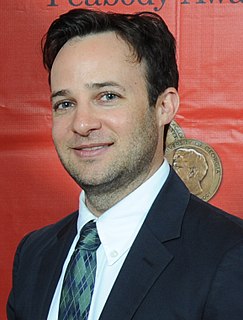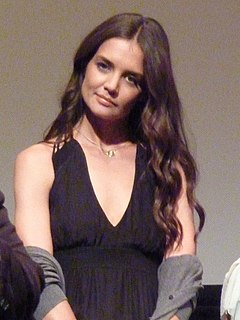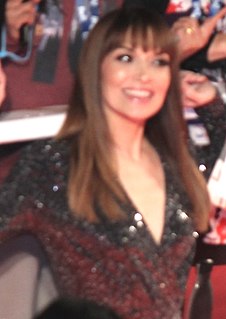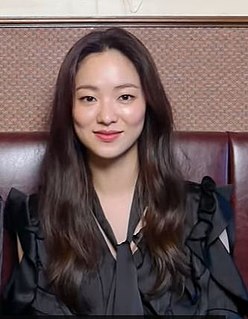A Quote by Michael Hirst
When you're a screenwriter working on a film, you're not really even welcome on set, even if you know... When I wrote 'Elizabeth' and Shekhar Kapur was a friend of mine, but I wasn't really welcome on set, because the director is God and it's a very difficult position for a screenwriter who's put so much passion into that, into the writing.
Related Quotes
I started writing when I was 26, so I don't even know what year that was. I wrote a script for me to star in. A friend of mine, who was an actor that I would compete against a lot, had written a script and was taking all these meetings. He just kept pushing me and was like, "You got to do it. You're going to love it!" He's a very successful screenwriter now. His name is Michael Bacall and he wrote 21 Jump Street, Project X, and Scott Pilgrim vs. the World. So it was a few factors.
We played around and improvised a ton [in The Hangover], and I think it's hard to say at this point what's what. Gosh, I wouldn't even know how to take a stab at it. The script was so good that we really didn't need to improvise very much, but I think we just found a lot of moments on the set. It's really cool when you get onto the set of a movie and you start shooting the scenes and you start to actually incorporate the environment.
I don't usually see what I've done. I don't often watch the film or watch the show. It's really about that experience on-set and within the scene. Because later, when the film comes out or the show comes out it's the editor's realm or the director's realm. But that moment on set, that's that electricity between me and another actor, and that's really what excites me.
I think when you're writing prose there's a lot of attendant description and that's were I used to really go bananas. With a screenplay that all gets filled in by the director, so it just sort of pulls you back by virtue of the form. You also have to use more economy as a screenwriter and so it's kind of limiting in a good way.




































